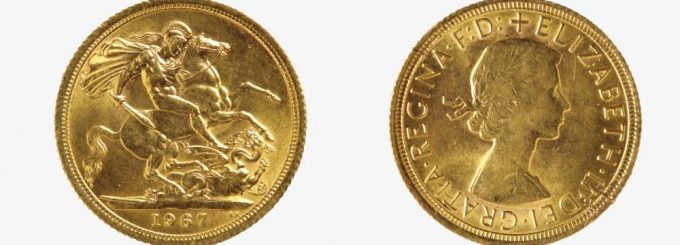Gold Coins Vs. Silver Coins: Which Investment Will Yield Higher Returns?

When considering investment options, gold coins vs. silver coins is a common dilemma for many investors. Both metals are seen as reliable stores of value and often perform well during periods of economic uncertainty.
However, each metal behaves differently in the market, and its performance over time can vary. Understanding their distinct characteristics can help you make an informed decision about which metal is better for your investment portfolio.
The Stability of Gold Coins
Gold has long been regarded as a “safe haven” investment. Historically, it has shown a consistent ability to maintain value, especially in times of economic stress or inflation.
Central banks around the world hold large amounts of gold to protect their economies from financial crises. This role as a store of value gives gold an edge in terms of long-term stability.
When you invest in gold coins, you are not only acquiring a metal that is valued for its rarity and beauty, but you are also securing an asset that tends to appreciate during times of market volatility.
Gold’s ability to preserve value during inflationary periods makes it an attractive choice for conservative investors looking for security.
Gold coins, such as those found in various collections, have the advantage of being highly liquid, meaning they can be easily bought or sold. This makes them ideal for investors looking for flexibility in their portfolios.
The Potential for Silver Coins
On the other hand, silver coins, though typically more volatile than gold, offer their own set of advantages. Silver has a wider range of industrial applications, which influences its price.
Silver is used in electronics, solar panels, medical devices, and many other industries. This makes silver an attractive option for investors seeking exposure to economic growth, as demand for silver can increase during times of economic expansion.
However, silver’s price can be more volatile compared to gold. While it has the potential for higher short-term gains, it also carries greater risk.
Silver tends to outperform gold during bull markets, often yielding higher returns when the market is strong. But in periods of economic downturn, silver can experience sharper declines, making it a riskier choice for those looking for stability.
The lower cost of silver compared to gold also means that it is more accessible for new investors or those with limited capital. Silver coins can offer a more affordable entry point into the precious metals market, allowing investors to build their portfolios over time.
Gold Coins Vs. Silver Coins: Price Differences
One of the most noticeable differences between gold and silver coins is their price. As of October 2024, the price of gold per gram is significantly higher than silver. This price gap makes it easier for investors to accumulate more silver coins than gold coins, especially for those starting with smaller investments.
However, while silver coins might be more affordable, gold coins can store a greater amount of value in a smaller volume. This means that for investors seeking to store significant value with less physical space, gold coins might be the better choice.
How Coin Exchange Can Help You Make the Right Investment
At Coin Exchange, we specialize in both gold and silver coins, offering a variety of options to suit different investment goals. If you are interested in securing gold coins for long-term stability or adding silver coins to take advantage of their growth potential, we can help guide your decisions.
Our team provides valuable insights into the current market trends and how each precious metal fits into a diversified investment portfolio.
Reach out today to explore our selection of gold and silver coins and start building your investment with confidence.


